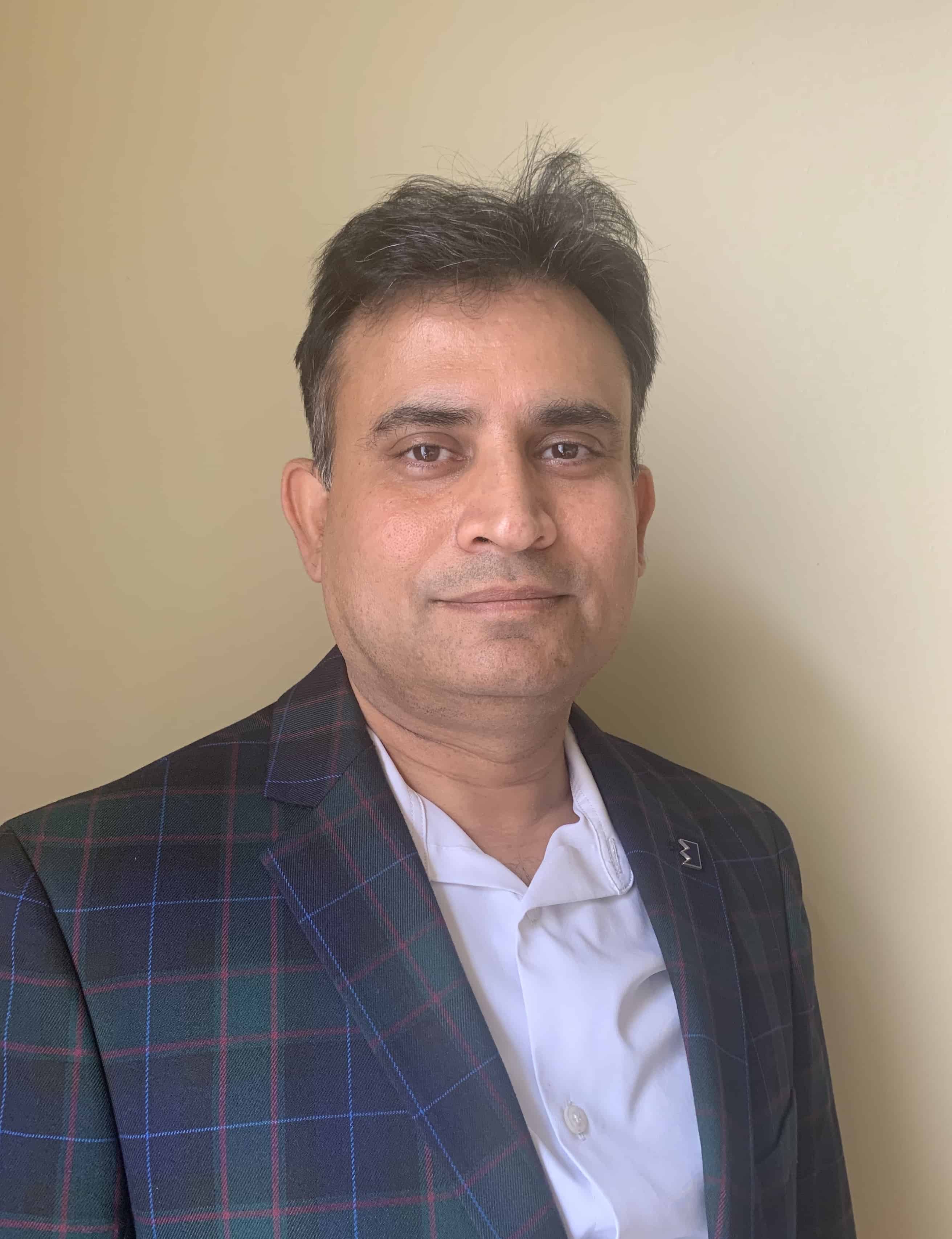
Department
Pharmaceutical Sciences
Division of Radiation Health
Education & Training
- BS in Zoology, University of Calcutta, India
- MS in Zoology, University of North Bengal, India
- PhD in Radiation Biology, University of Kalyani, India
- Postdoc in Automated Cytogenetic Radiation Bio dosimetry, Armed Forces Radiobiology Research Institute, Bethesda, Maryland, USA
Teaching Responsibilities
- PHSC 7204 Molecular Biology and Biotechnology (Course Director)
- PHSC 7105 Pharmaceutics II
Memberships
- Radiation Research Society
Research & Scholarly Interests
My research is geared toward complete comprehension of underlying molecular mechanisms responsible for radiation-induced toxicity of normal tissue and to develop effective strategies for therapeutic intervention. Our laboratory is conspicuously focused on detrimental effects of radiation to the intestine and to the vascular endothelial system. We utilize a variety of wild-type and transgenic animal models for risk assessment of intestinal injury resulting from either whole body or partial body exposure to radiation–taking into consideration everything from common therapeutic fractionated radiation to extreme situations such as radiological accidents. We have developed a unique facility to mimic the environment of deep space travel. Utilizing the aforementioned animal models, this facility allows the study of intestinal and immune effects of low-dose/low-dose rate ionizing radiation/chronic irradiation under the condition of simulated microgravity similar to extended missions into deep space. My team has extensive experience in assessing radiation-induced histomorphometric and immunohistochemical changes of the intestine. We have recently standardized a 3D whole-mount immunostaining technique, allowing detailed assessment of immune cells and how they interact with intestinal microvascular endothelium. An additional direct interest involves delineation of platelet function in modification/mediation in response to radiation insult. We use transgenic and knockout mouse models with the goal of developing novel strategies for radiation damage mitigation based on manipulation of platelets.
Publications
- Corken A, Ghosh SP, Du R, Boerma M, Ware J, Pathak R*. Platelet glycoprotein Ibα provides radiation protection. Radiother Oncol. 2021 Dec 28; 167:143-148 [PMID: 34971661; PMCID: PMC8934272
- Wang J, Garg S, Landes RD, Liu L, Fu Q, Seng J, Boerma M, Thrall K, Hauer-Jensen M, Pathak R*. Differential recovery of small intestinal segments after partial-body irradiation in non-human primates. Radiat Res. 2021 May 27. doi: 10.1667/RADE-20-00272.1 [PMID: 34043805; PMCID: PMC8440418]
- Poudel H, Sanford K, Szwedo PK, Pathak R*, Ghosh A. Synthetic matrices for intestinal organoid culture: Implications for better performance. ACS Omega. 2021 Dec; 25; 7(1):38-47. [PMID: 35036676; PMCID: PMC8756583]
- Binz RL and Pathak R*. Molecular cytogenetics reveals mosaicism in human umbilical vein endothelial cells. Genes (Basel). 2022 Jun 3; 13(6):1012. [PMID: 35741774; PMCID: PMC9222953]
- Larrey EK, Pathak R*. Radiation-induced intestinal normal tissue toxicity: Implications for altered proteome profile. Genes (Basel). 2022 Nov 2;13(11):2006. [PMID: 36360243; PMCID: PMC9689954]
